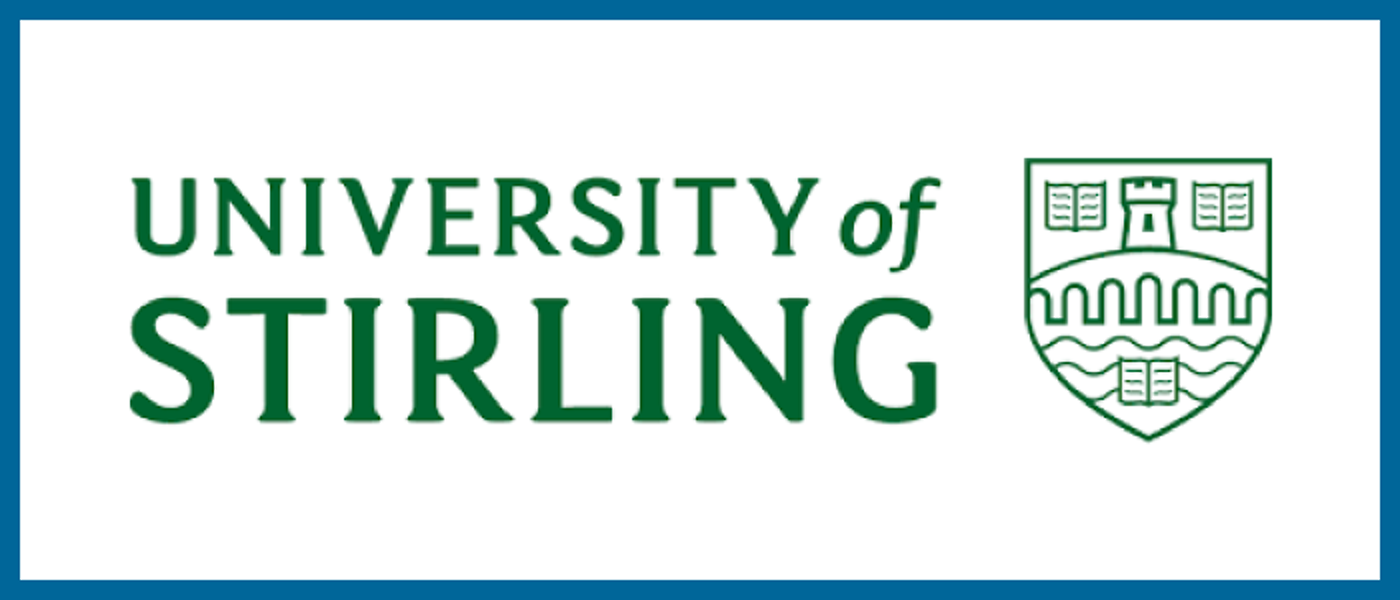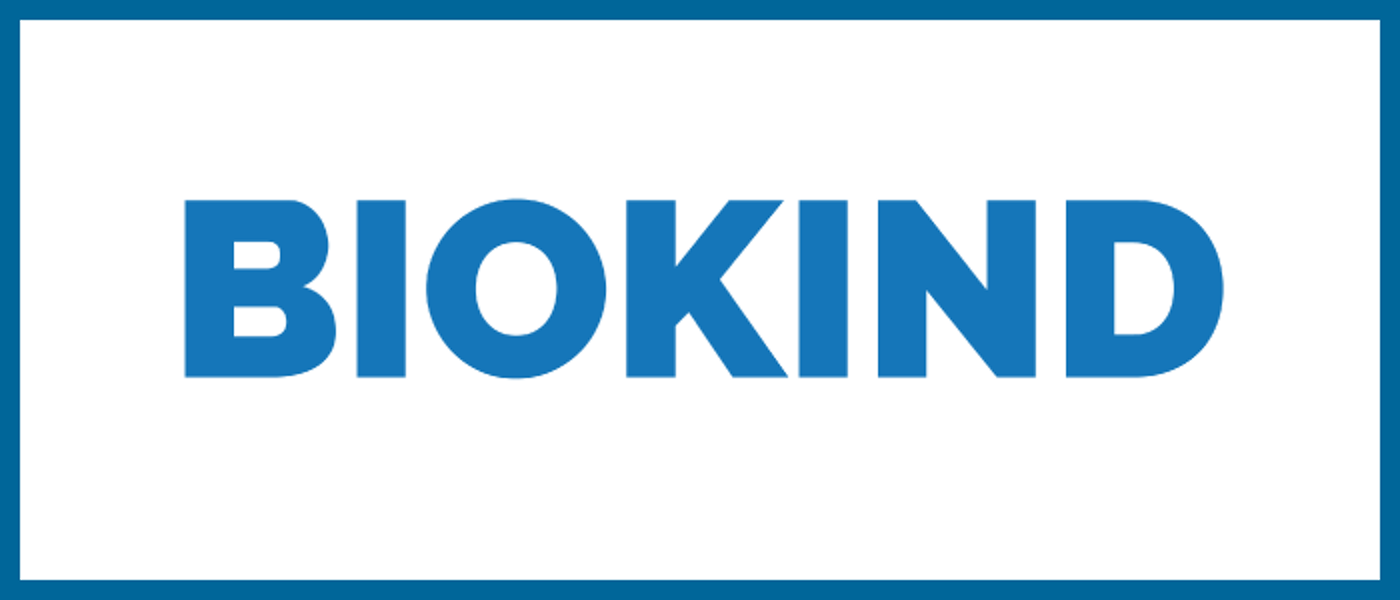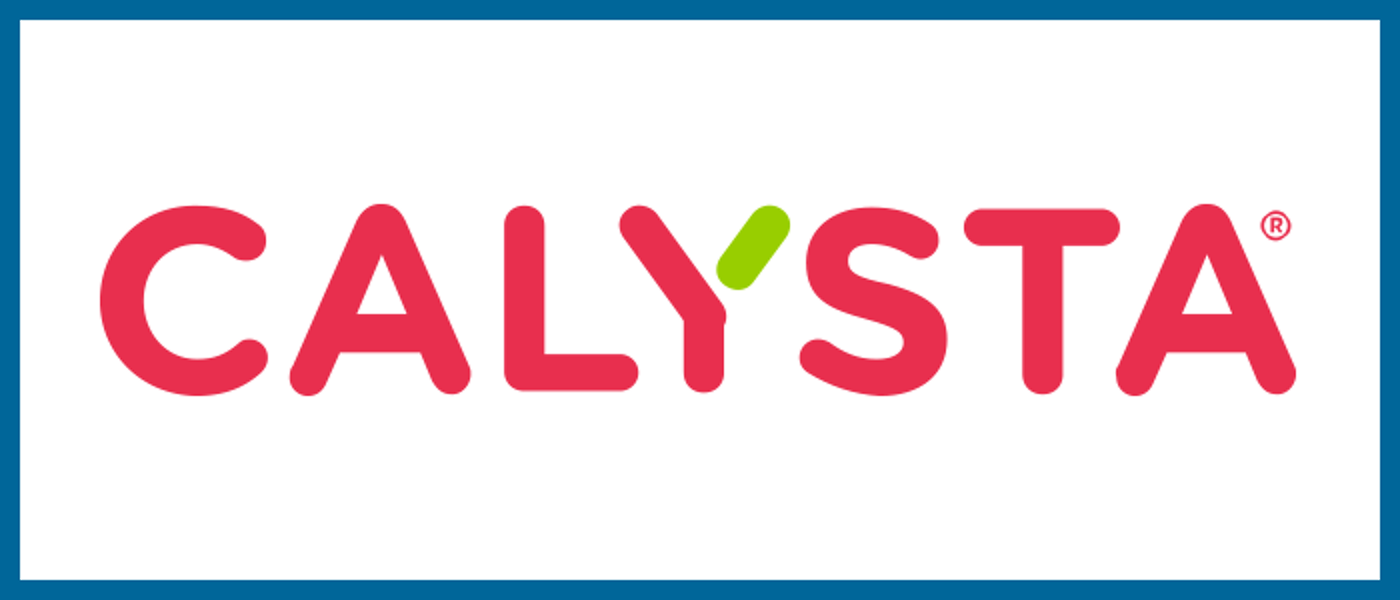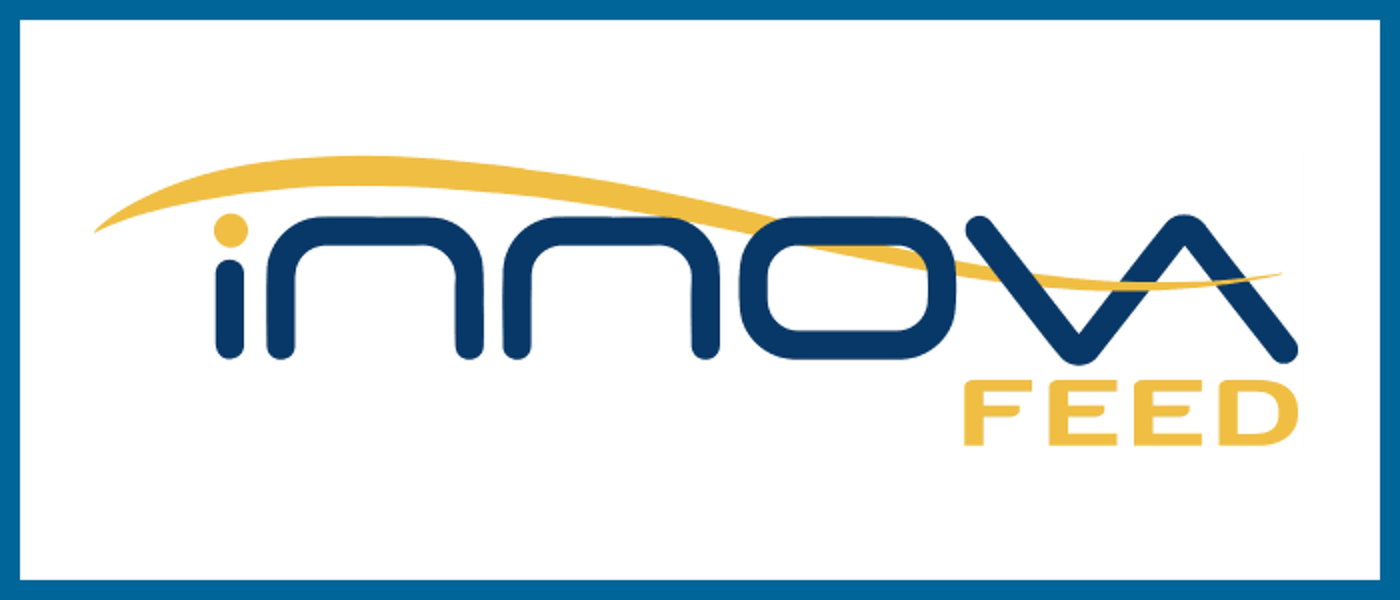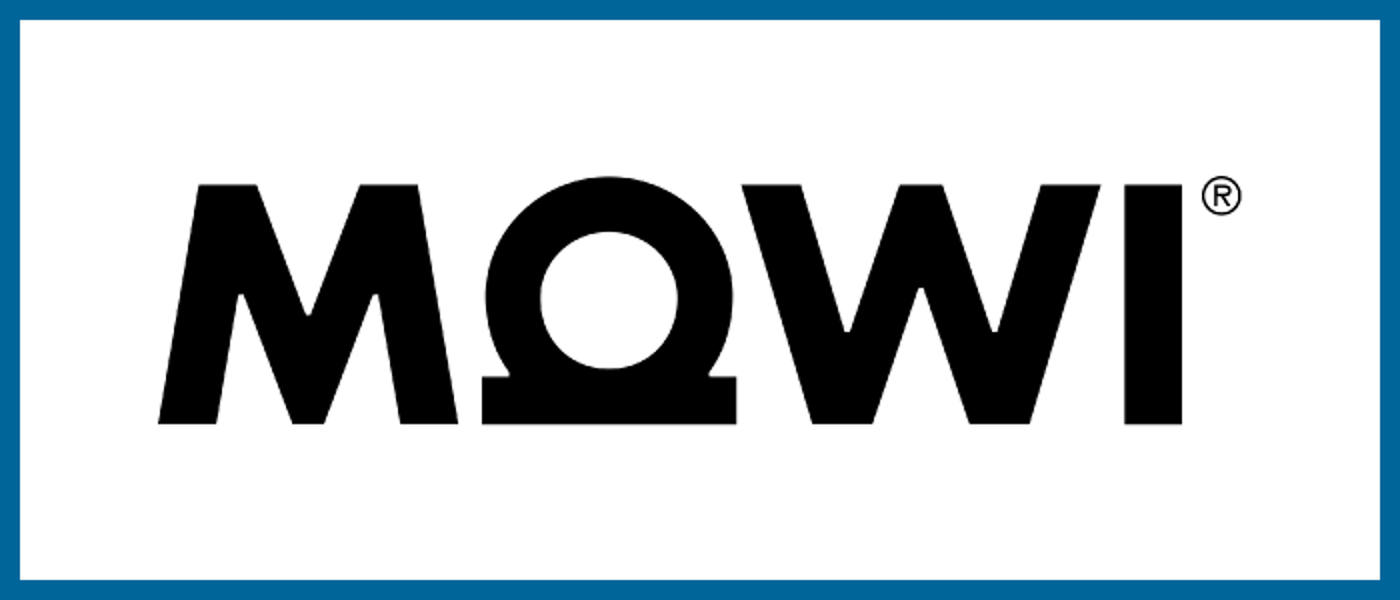SalmoSim
Optimising aquafeed for sustainable agriculture.
SalmoSim, a start-up from the University of Glasgow, addresses the key issues in aquaculture related to finding optimal aquafeed that can both maximise output as well as promote sustainability in aquaculture. SalmoSim, a gut simulator that mimics the digestive system of Atlantic salmon was first developed in 2016. It was a collaborative research project of the University of Glasgow with University College Cork and with enterprises, Alltech, Mowi and Nofima and partly funded by Sustainable Aquaculture Innovation Centre (SAIC). The translational research journey was headed by Dr. Martin Llewellyn and colleagues. In partnership with industry, and with the support from the TRI and Research & Innovation Services, SalmoSim has now developed as an in vitro model for a go-to diagnostic service for testing the digestibility of ingredients in new feeds and their effect on the gut microbiomes of Salmon.
Developmental timeline from lab experiments to commercial contracts
SalmoSim simulates three gut components of Atlantic salmon and its microbiome. The model was built using a series of linked bioreactors (Figure 1).

Figure 1: Linked bioreactors to simulate the gut components of Atlantic salmon
Collaborating with a commercial partner, Mowi a world leading salmon producer, the group (Figure 2) first successfully calibrated the operating conditions for the bioreactor by understanding the physiochemical conditions and the identities of bacterial communities that exists in the adult salmon gastrointestinal compartments. In the next phase, they simulated the gut compartments by inoculating with microbes and biofluids that are found in the gut of adult farmed salmon. These experiments identified the number of days it took for the microbial community to stabilize and found that the representative microbial communities (all the abundant species) were retained, comparable to the live model. They compared how the feeding regimes (fishmeal diet to fishmeal free diet) changed the microbiome composition of the cohort of live salmon against the SalmoSim. The conclusion of these pilot experiments was that the measured responses of those microbes to the feeding regimes were similar except for a subset of taxa. Finally, an in vitro gut model was deployed to assay the effect of a pre-biotic on the gut microbiome of the Atlantic salmon in collaboration with a commercial partner, Alltech Coppens, a specialist feed additives supplier for aquafeed. The data suggest that the pre-biotic may enhance volatile fatty acid production by changing in the composition of the microbiota. These crucial findings enabled SalmoSim to enters its first commercial contract in 2020.

Figure 2: Martin and his colleagues running the bioreactor for SalmoSim
Commercial outcome and prospects
Aquafeed manufacturers are continuously innovating for sustainable new ingredients in their complex feeds and SalmoSim is uniquely positioned to provide fast, cost-effective data before the manufacturers conduct long-term trials in the Salmon. The company can also adapt their simulator technology for other fish species to enter new markets.
SalmoSim provides a cost-effective option to aquafeed manufactures by:
- Providing initial testbeds for new ingredients in feeds to find optimal compositions thereby acting as a go-to test service before conducting an expensive in vivo trials
- Helping to accelerate new products to the market
The company also offer tailored services for measuring the bioavailability of nutrients from the substrates of aquafeeds. They provide assays for pre-biotics that can positively alter the microbiome composition of the gut which can have beneficial effect on the overall health of the fish.
SalmoSim also assess the effect of veterinary drugs on the gut microbiome thus providing valuable insights to salmon producers.
The University entered its first commercial contract in 2020 with Calysta, a US based company. Calysta has produced an alternative sustainable single-cell feed ingredient, Feedkind protein. The simulation data from SalmoSim supports the product quality program for Calysta and provides data on digestibility of Feedkind in SalmoSim, in comparison to in vivo data. SalmoSim also conducts digestibility trials for other feed developers such as Innova feed, Biokind, Eko-Rezerv, GBS and Royal DSM.
Funding and support
SalmoSim was supported by the college of MVLS Translational Research Initiative. After initial external BBSRC funding (2016-2019) the BBSRC Impact Accelerator Account supported the development of the SalmoSim piepline. This helped in successful deployment of digestibility assays for 4 trial clients and a further opportunity to refine the assay with a commercial partner, Alltech – Coppens PLC. In 2021, MVLS TRI supported SalmoSim with a BBSRC IAA fund of £41K for improving analyses to match the in vivo field data from the industrial partner, Alltech-Coppens PLC. This crucial funding enabled SalmoSim to mimic the in vivo trials and competitively position the technology to provide data on the digestibility of new ingredients for salmon feed (Figure 3).
For more information on support and funding for translational research, please see the TRI webpages.
For further information about translational funding opportunities, please contact TRI.
Clients who have benefited from the services offered by SalmoSim
Spanning 2016 to 2022 SalmoSim acquired over £1.1 million in funding from a variety of sources including: £600K BBSRC-SFI, £120K from SACI-SFI, and £80K in cash and £150K in kind from MOWI / ALTTECH, £86K from BBSRC-IAA.
SalmoSim also secured funding from a variety of clients and trial clients to support their work.
